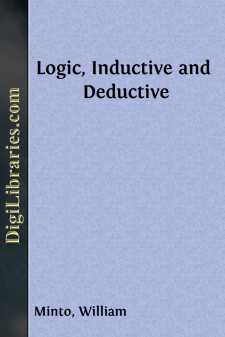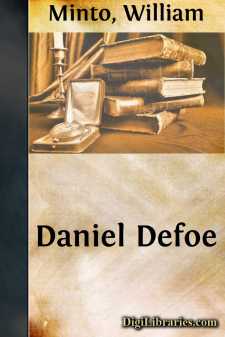Categories
- Antiques & Collectibles 13
- Architecture 36
- Art 48
- Bibles 22
- Biography & Autobiography 816
- Body, Mind & Spirit 145
- Business & Economics 28
- Children's Books 17
- Children's Fiction 14
- Computers 4
- Cooking 94
- Crafts & Hobbies 4
- Drama 346
- Education 58
- Family & Relationships 59
- Fiction 11834
- Foreign Language Study 3
- Games 19
- Gardening 17
- Health & Fitness 34
- History 1378
- House & Home 1
- Humor 147
- Juvenile Fiction 1873
- Juvenile Nonfiction 202
- Language Arts & Disciplines 89
- Law 16
- Literary Collections 686
- Literary Criticism 179
- Mathematics 13
- Medical 41
- Music 40
- Nature 179
- Non-Classifiable 1768
- Performing Arts 7
- Periodicals 1453
- Philosophy 66
- Photography 2
- Poetry 897
- Political Science 203
- Psychology 45
- Reference 154
- Religion 516
- Science 126
- Self-Help 85
- Social Science 82
- Sports & Recreation 34
- Study Aids 3
- Technology & Engineering 59
- Transportation 23
- Travel 463
- True Crime 29
Our website is made possible by displaying online advertisements to our visitors.
Please consider supporting us by disabling your ad blocker.
Logic, Inductive and Deductive
by: William Minto
Description:
Excerpt
INTRODUCTION.
I.—THE ORIGIN AND SCOPE OF LOGIC.
The question has sometimes been asked, Where should we begin in Logic? Particularly within the present century has this difficulty been felt, when the study of Logic has been revived and made intricate by the different purposes of its cultivators.
Where did the founder of Logic begin? Where did Aristotle begin? This seems to be the simplest way of settling where we should begin, for the system shaped by Aristotle is still the trunk of the tree, though there have been so many offshoots from the old stump and so many parasitic plants have wound themselves round it that Logic is now almost as tangled a growth as the Yews of Borrowdale—
An intertwisted mass of fibres serpentine
Upcoiling and inveterately convolved.
It used to be said that Logic had remained for two thousand years precisely as Aristotle left it. It was an example of a science or art perfected at one stroke by the genius of its first inventor. The bewildered student must often wish that this were so: it is only superficially true. Much of Aristotle's nomenclature and his central formulæ have been retained, but they have been very variously supplemented and interpreted to very different purposes—often to no purpose at all.
The Cambridge mathematician's boast about his new theorem—"The best of it all is that it can never by any possibility be made of the slightest use to anybody for anything"—might be made with truth about many of the later developments of Logic. We may say the same, indeed, about the later developments of any subject that has been a playground for generation after generation of acute intellects, happy in their own disinterested exercise. Educational subjects—subjects appropriated for the general schooling of young minds—are particularly apt to be developed out of the lines of their original intention. So many influences conspire to pervert the original aim. The convenience of the teacher, the convenience of the learner, the love of novelty, the love of symmetry, the love of subtlety; easy-going indolence on the one hand and intellectual restlessness on the other—all these motives act from within on traditional matter without regard to any external purpose whatever. Thus in Logic difficulties have been glossed over and simplified for the dull understanding, while acute minds have revelled in variations and new and ingenious manipulations of the old formulæ, and in multiplication and more exact and symmetrical definition of the old distinctions.
To trace the evolution of the forms and theories of Logic under these various influences during its periods of active development is a task more easily conceived than executed, and one far above the ambition of an introductory treatise. But it is well that even he who writes for beginners should recognise that the forms now commonly used have been evolved out of a simpler tradition. Without entering into the details of the process, it is possible to indicate its main stages, and thus furnish a clue out of the modern labyrinthine confusion of purposes.
How did the Aristotelian Logic originate?...



